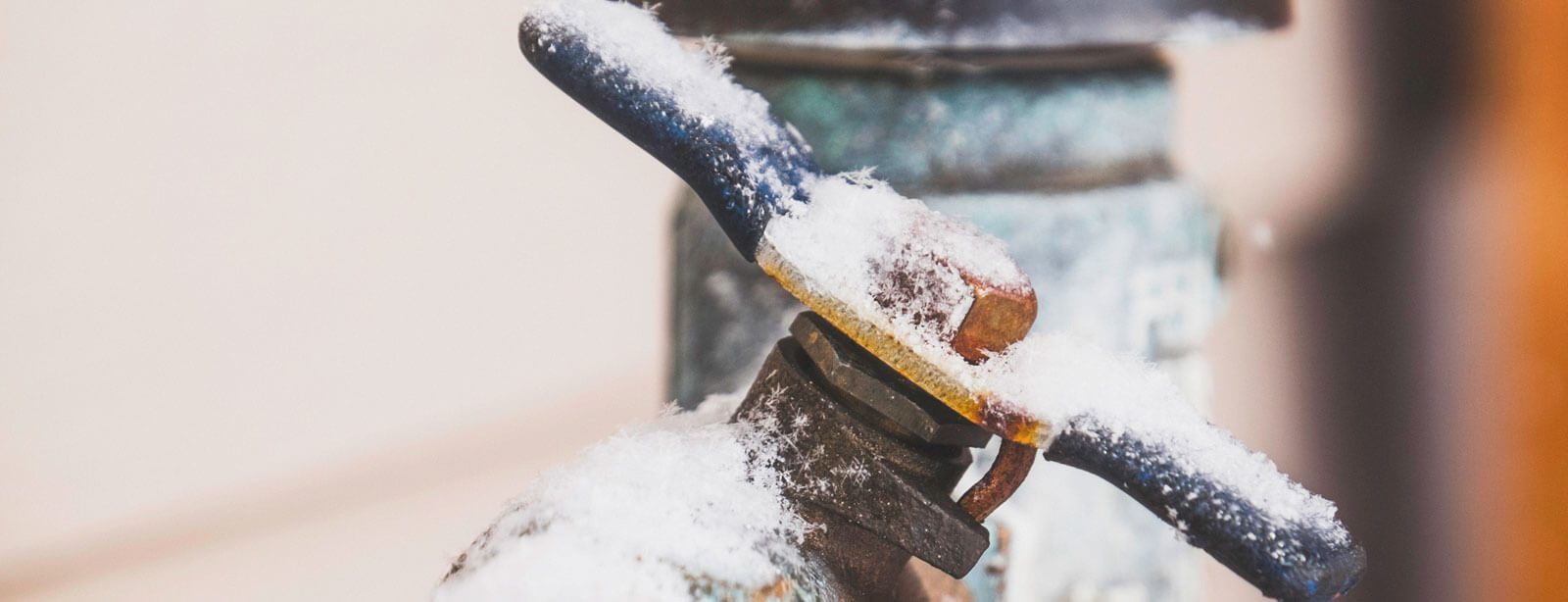Tips to Defend Plumbing System from Cold Weather: Critical Advice
Tips to Defend Plumbing System from Cold Weather: Critical Advice
Blog Article
We have unearthed this post involving Helpful Tips to Prevent Frozen Pipes this Winter below on the net and concluded it made sense to quickly share it with you on this site.

Winter can damage your pipes, specifically by freezing pipes. Here's how to avoid it from happening and what to do if it does.
Introduction
As temperature levels drop, the threat of frozen pipes increases, potentially resulting in costly repair services and water damages. Understanding exactly how to stop frozen pipelines is crucial for property owners in cool environments.
Recognizing Icy Pipelines
What creates pipelines to ice up?
Pipelines ice up when subjected to temperatures below 32 ° F (0 ° C) for extended periods. As water inside the pipelines ices up, it increases, taxing the pipe walls and possibly creating them to rupture.
Risks and damages
Icy pipes can result in supply of water disruptions, residential or commercial property damages, and costly repair work. Ruptured pipes can flooding homes and trigger extensive architectural damage.
Indicators of Frozen Pipeline
Recognizing frozen pipelines early can prevent them from rupturing.
How to determine icy pipes
Seek reduced water circulation from taps, uncommon odors or sounds from pipelines, and visible frost on exposed pipelines.
Prevention Tips
Shielding at risk pipelines
Cover pipelines in insulation sleeves or utilize heat tape to safeguard them from freezing temperature levels. Concentrate on pipes in unheated or outside locations of the home.
Heating strategies
Keep indoor areas adequately heated up, especially areas with plumbing. Open cabinet doors to allow warm air to circulate around pipes under sinks.
Protecting Exterior Plumbing
Yard hoses and exterior faucets
Separate and drain garden hoses prior to winter season. Mount frost-proof faucets or cover exterior faucets with protected caps.
What to Do If Your Pipelines Freeze
Immediate actions to take
If you suspect frozen pipelines, keep taps open to eliminate stress as the ice thaws. Use a hairdryer or towels soaked in hot water to thaw pipes slowly.
Long-Term Solutions
Architectural changes
Take into consideration rerouting pipelines far from outside wall surfaces or unheated locations. Include added insulation to attic rooms, cellars, and crawl spaces.
Upgrading insulation
Purchase premium insulation for pipelines, attics, and wall surfaces. Correct insulation assists maintain constant temperature levels and decreases the risk of icy pipelines.
Verdict
Protecting against icy pipes requires positive procedures and quick actions. By understanding the causes, indications, and preventive measures, house owners can protect their plumbing throughout winter.
Helpful Tips to Prevent Frozen Pipes this Winter
UNDERSTANDING THE BASICS: WHY PIPES FREEZE AND WHY IT’S A PROBLEM
Water freezing inside pipes is common during the winter months, but understanding why pipes freeze, and the potential problems it can cause is crucial in preventing such incidents. This section will delve into the basics of why pipes freeze and the associated problems that may arise.
THE SCIENCE BEHIND FROZEN PIPES
When water reaches freezing temperatures, it undergoes a physical transformation and solidifies into ice. This expansion of water as it freezes is the primary reason pipes can burst. As the water inside the pipe freezes, it expands, creating immense pressure on the walls. If the pressure becomes too great, the pipe can crack or rupture, leading to leaks and water damage.
FACTORS THAT CONTRIBUTE TO PIPE FREEZING
Low Temperatures: Extremely cold weather, especially below freezing, increases the risk of pipes freezing. Uninsulated or Poorly Insulated Pipes: Pipes located in unheated areas, such as basements, crawl spaces, or attics, are more prone to freezing. Insufficient insulation or lack of insulation altogether exacerbates the problem. Exterior Wall Exposure: Pipes running along exterior walls are susceptible to freezing as they encounter colder temperatures outside. Lack of Heating or Temperature Regulation: Inadequate heating or inconsistent temperature control in your home can contribute to frozen pipes. PROBLEMS CAUSED BY FROZEN PIPES
- Pipe Bursting: As mentioned earlier, the expansion of water as it freezes can cause pipes to burst, resulting in significant water damage.
- Water Damage: When pipes burst, it can lead to flooding and water damage to your property, including walls, ceilings, flooring, and personal belongings.
- Structural Damage: Prolonged exposure to water from burst pipes can compromise the structural integrity of your home, leading to costly repairs.
- Mold and Mildew Growth: Excess moisture from water damage can create a favorable environment for mold and mildew growth, posing health risks to occupants.
- Disrupted Water Supply: Frozen pipes can also result in a complete or partial loss of water supply until the issue is resolved.
WHY CERTAIN PIPES ARE MORE PRONE TO FREEZING
- Location: Pipes located in unheated or poorly insulated areas, such as basements, crawl spaces, attics, or exterior walls, are at higher risk of freezing.
- Exterior Pipes: Outdoor pipes, such as those used for irrigation or exposed plumbing, are particularly vulnerable to freezing as they are directly exposed to the elements.
- Supply Lines: Pipes that carry water from the main water supply into your home, including the main water line, are critical to protect as freezing in these lines can affect your entire plumbing system.
- Underground Pipes: Pipes buried underground, such as those connected to sprinkler systems or outdoor faucets, can be susceptible to freezing if not properly insulated.
https://busybusy.com/blog/helpful-tips-to-prevent-frozen-pipes-this-winter/

I stumbled upon that blog entry about Preventing and dealing with frozen pipes while browsing the search engines. Liked our article? Please share it. Let someone else check it out. Kudos for your time. Revisit us soon.
Visit The Following Page Report this page